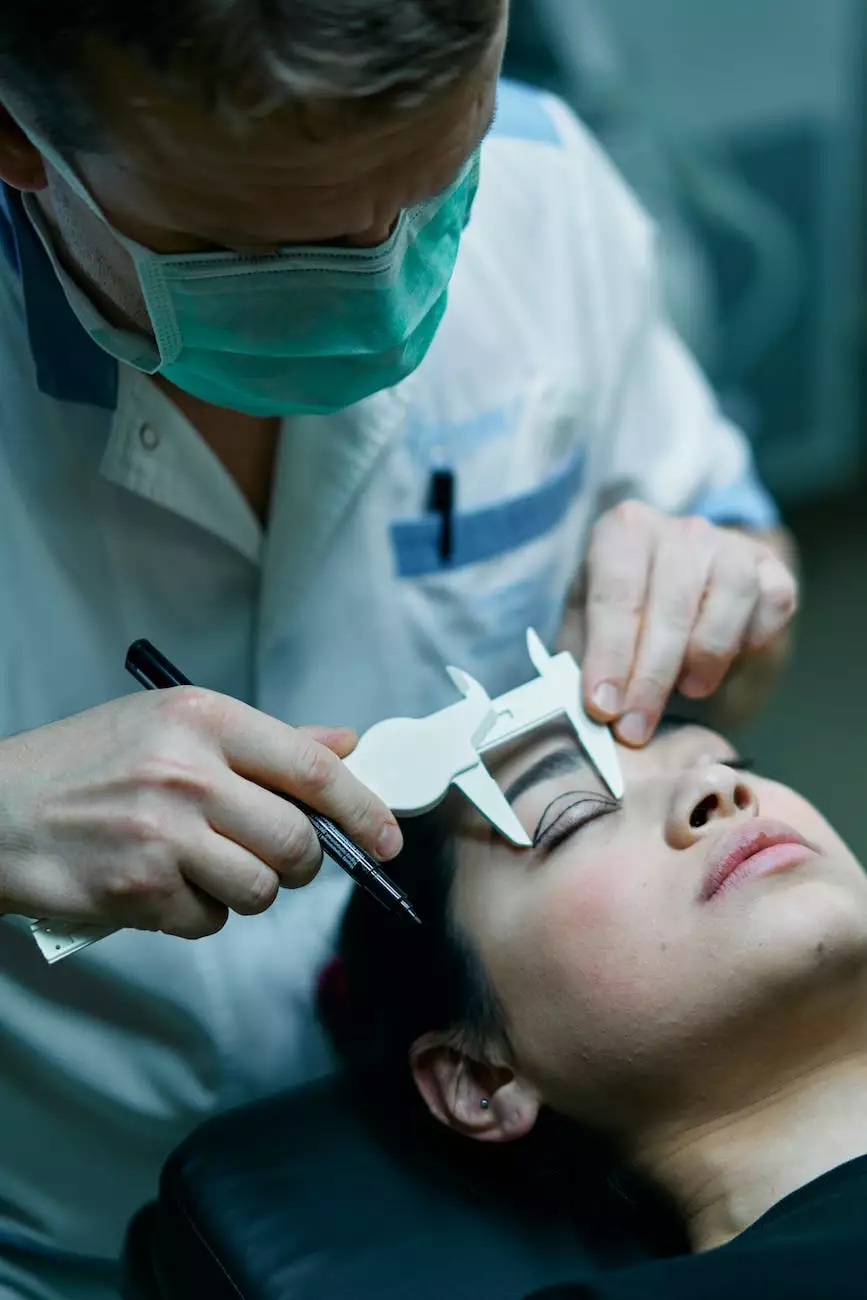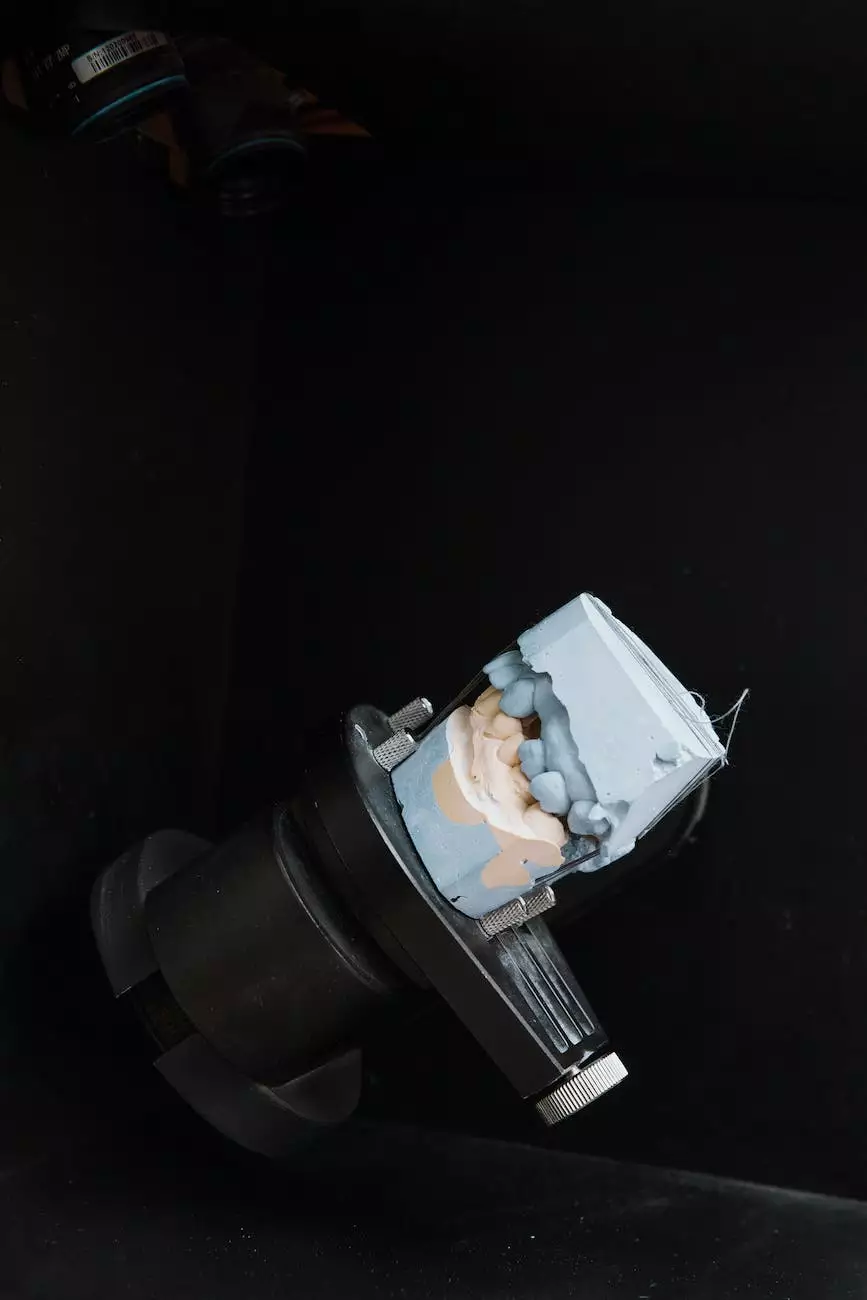Non-Operative Pathway
Health
Introduction
Welcome to the Non-Operative Pathway page on Kelley Tim PA-C's website. Here, we will provide you with an extensive guide to various non-operative treatment options that can help address a wide range of health conditions effectively.
Understanding Non-Operative Treatment
Non-operative treatment is a preferred approach for many individuals seeking alternatives to surgical interventions. While surgery may be necessary in some cases, non-operative treatments offer less invasive options while still providing effective results.
The Importance of Non-Operative Pathway
Choosing the right non-operative pathway for your specific condition is crucial to improve your health and overall well-being. By exploring these non-surgical avenues, you can often alleviate pain, enhance functionality, and potentially avoid the need for invasive procedures.
Common Non-Operative Treatment Options
Physical Therapy and Rehabilitation
Physical therapy and rehabilitation play a vital role in non-operative treatment plans. These procedures focus on exercises, stretching, and other interventions to restore strength, mobility, and flexibility. Physical therapists tailor treatment plans to individual needs, addressing various musculoskeletal issues and aiding recovery.
Medication Management
Medication management is another essential component of non-operative pathways. Certain health conditions can be effectively managed with appropriate medications, which help alleviate symptoms, control inflammation, and promote healing.
Injections and Minimally Invasive Procedures
Injections and minimally invasive procedures provide targeted relief for specific conditions. These procedures, performed by experienced medical professionals, can reduce pain, inflammation, and promote healing by delivering medication directly to the affected area.
Alternative Therapies
Besides conventional approaches, alternative therapies have gained significant popularity. These may include chiropractic care, acupuncture, massage therapy, and more. These therapies focus on holistic healing and aim to address health conditions from various angles.
Lifestyle Modifications
Adopting healthier lifestyle choices can often complement non-operative treatments. This may involve changes in diet, exercise routines, stress management techniques, and quitting harmful habits like smoking. Lifestyle modifications can have a profound impact on overall health and aid in the recovery process.
Conditions Treated with Non-Operative Approach
Non-operative treatment options are available for a broad range of health conditions across different medical specialties. From orthopedic issues and chronic pain management to dermatological conditions and digestive disorders, you can explore various non-surgical alternatives to enhance your well-being.
Benefits of Non-Operative Treatment
Non-operative treatments offer several significant benefits, including:
- Reduced risk of complications and infections associated with surgery
- Shorter recovery time compared to surgical interventions
- Less pain and discomfort during and after treatment
- Preservation of natural anatomy and function
- Lower healthcare costs
- Potential avoidance of surgery altogether
Consult with Kelley Tim PA-C for Personalized Non-Operative Pathway
When seeking non-operative treatment options, it is crucial to consult with an experienced healthcare professional, such as Kelley Tim, a highly proficient Physician Assistant-Certified (PA-C) specializing in non-operative care. Kelley Tim has a wealth of knowledge and expertise in providing comprehensive, customized non-operative pathways that optimize patient outcomes.
By consulting with Kelley Tim PA-C, you can receive a thorough evaluation of your condition, tailor-made treatment plans, and expert guidance on non-operative options that align with your goals, preferences, and overall health needs. Reach out to Kelley Tim PA-C today to embark on your personalized non-operative pathway to wellness.
Disclaimer
While the information provided above offers comprehensive insights into non-operative treatment options, it is essential to consult with a healthcare professional for personalized advice. Every individual is unique, and treatment plans should be tailored to their specific needs. This page is intended for informational purposes only and should not replace professional medical guidance.










